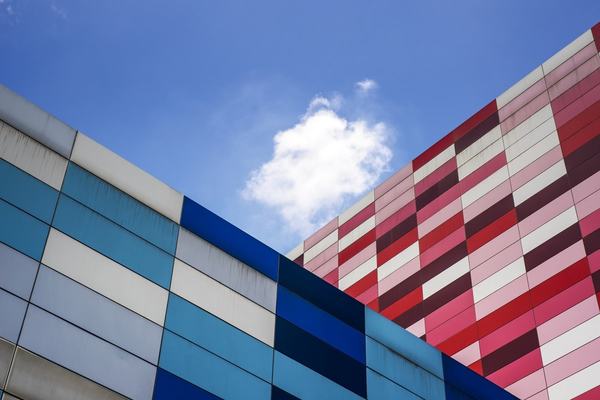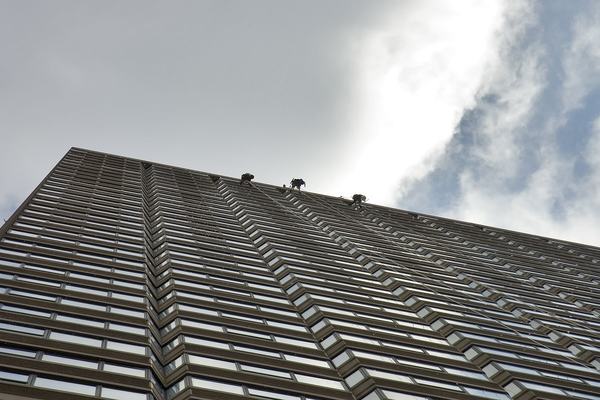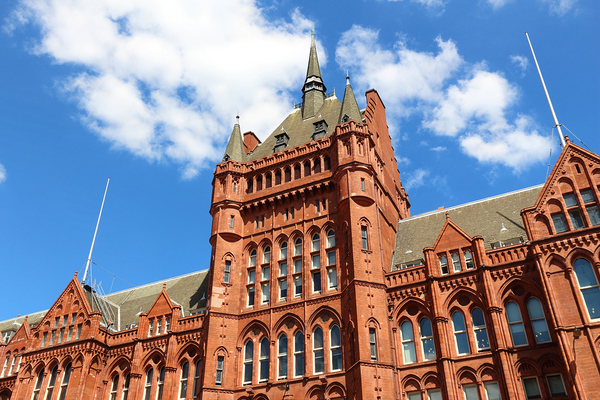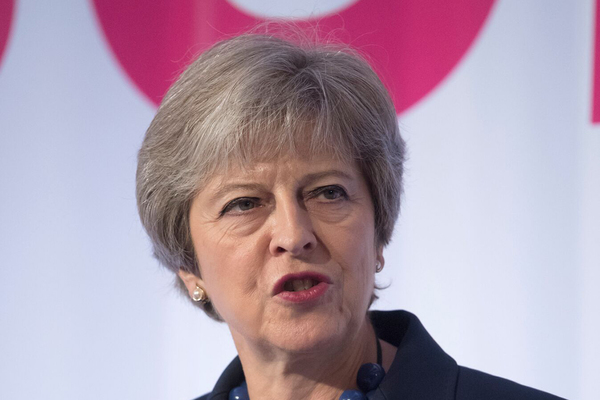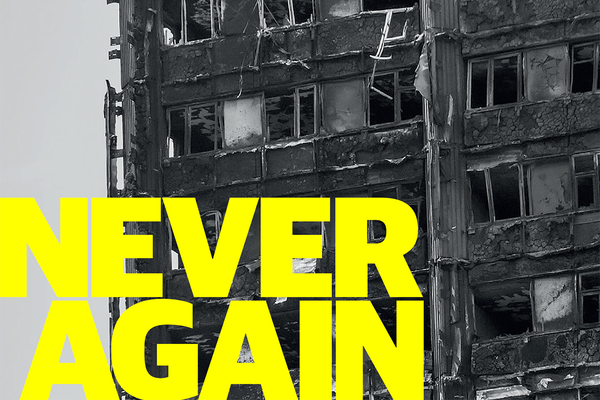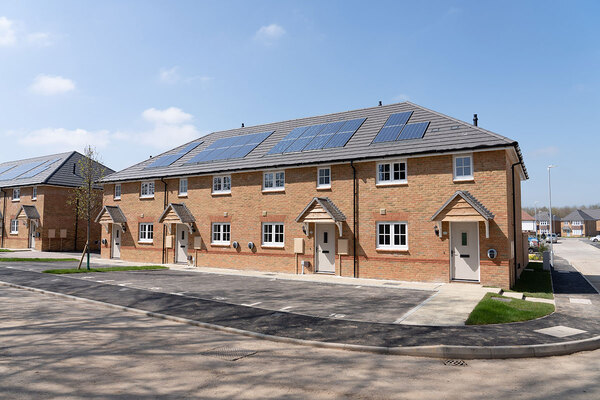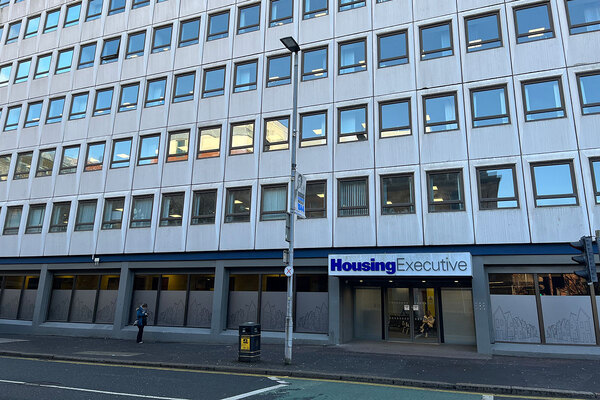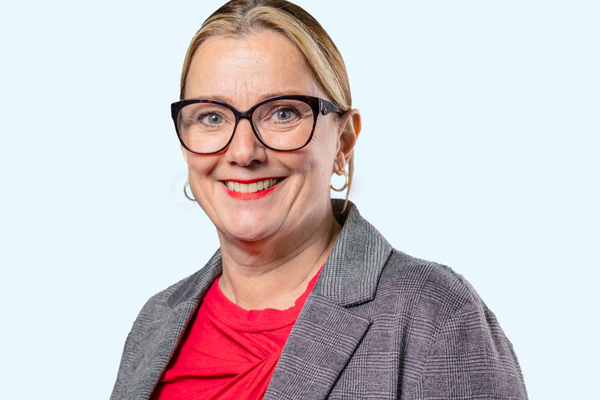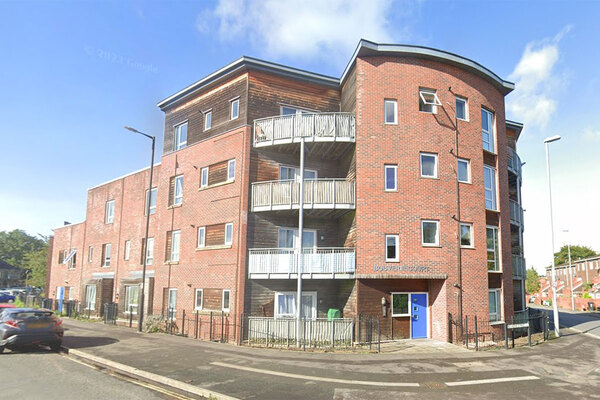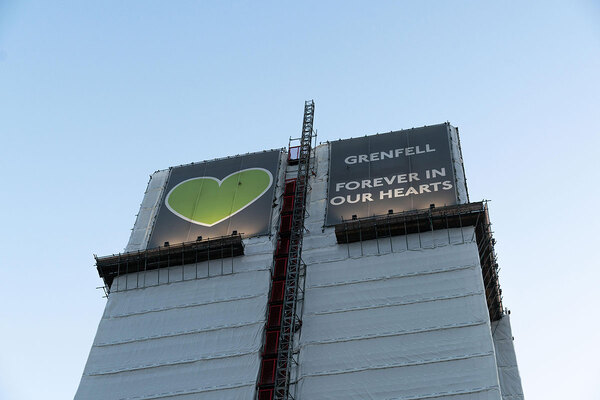You are viewing 1 of your 1 free articles
Grenfell-style cladding removed from only three private residential blocks
Only three private residential blocks have had dangerous aluminium composite material (ACM) cladding removed since the Grenfell Tower fire in June last year, latest government figures have revealed.
According to the Ministry of Housing, Communities and Local Government’s (MHCLG) latest Building Safety Programme figures for October, only three out of 199 private residential blocks with ACM cladding have seen it removed, up from two last month.
A total of 11 of these 199 blocks have seen remediation work start up to 31 October, compared to 12 buildings recorded in the figures for 12 October.
The report revealed that the government was still unaware of remediation plans on 70 private residential buildings, down from the 86 blocks which were reported in its figures from earlier in the month.
The results come more than a month after housing secretary James Brokenshire warned private developers that they could face penalties or be barred from accessing government schemes if they do not take action on cladding.
MHCLG has been collating its building safety data since July 2017 on the extent of ACM cladding and what owners are doing to mitigate problems.
Of the 159 social housing blocks to contain ACM cladding, remediation has been completed on 28 as of 31 October, up from 22 at 12 October.
Remediation has started on 87 social housing buildings, remediation plans are in place for 40 buildings, while four are developing plans.
The government is aware of remediation plans for all buildings in the social housing sector.
A total of 289 private sector buildings were found to have ACM cladding, including 199 private residential blocks, 61 student accommodation buildings, 29 hotel, as well as nine publicly owned buildings.
Of the 61 student housing blocks, 16 have seen their cladding removed, while remediation has started on 10 buildings, and plans are in place for a further 18.
Remediation has yet to start on any of the 29 hotel buildings so far, with the government unaware of remediation plans for 15 of those buildings.
Commenting on the latest figures, Mr Brokenshire said: “There is nothing more important than making sure people are safe in their homes. All buildings have interim measures in place, so people can sleep safely in their beds.
“Everyone has a right to feel safe in their homes and I have repeatedly made clear that building owners and developers must replace dangerous ACM cladding. And the costs must not be passed on to leaseholders.
"My message is clear – private building owners must pay for this work now or they will pay more later.”
Never Again campaign
In the days following the Grenfell Tower fire on 14 June 2017, Inside Housing launched the Never Again campaign to call for immediate action to implement the learning from the Lakanal House fire, and a commitment to act – without delay – on learning from the Grenfell Tower tragedy as it becomes available.
One year on, we have extended the campaign asks in the light of information that has emerged since.
Here are our updated asks:
GOVERNMENT
- Act on the recommendations from Dame Judith Hackitt’s review of building regulations to tower blocks of 18m and higher. Commit to producing a timetable for implementation by autumn 2018, setting out how recommendations that don’t require legislative change can be taken forward without delay
- Follow through on commitments to fully ban combustible materials on high-rise buildings
- Unequivocally ban desktop studies
- Review recommendations and advice given to ministers after the Lakanal House fire and implement necessary changes
- Publish details of all tower blocks with dangerous cladding, insulation and/or external panels and commit to a timeline for remedial works. Provide necessary guidance to landlords to ensure that removal work can begin on all affected private and social residential blocks by the end of 2018. Complete quarterly follow-up checks to ensure that remedial work is completed to the required standard. Checks should not cease until all work is completed.
- Stand by the prime minister’s commitment to fully fund the removal of dangerous cladding
- Fund the retrofitting of sprinkler systems in all tower blocks across the UK (except where there are specific structural reasons not to do so)
- Explore options for requiring remedial works on affected private sector residential tower blocks
LOCAL GOVERNMENT
- Take immediate action to identify privately owned residential tower blocks so that cladding and external panels can be checked
LANDLORDS
- Publish details of the combinations of insulations and cladding materials for all high rise blocks
- Commit to ensuring that removal work begins on all blocks with dangerous materials by the end of 2018 upon receipt of guidance from government
- Publish current fire risk assessments for all high rise blocks (the Information Commissioner has required councils to publish and recommended that housing associations should do the same). Work with peers to share learning from assessments and improve and clarify the risk assessment model.
- Commit to renewing assessments annually and after major repair or cladding work is carried out. Ensure assessments consider the external features of blocks. Always use an appropriate, qualified expert to conduct assessments.
- Review and update evacuation policies and ‘stay put’ advice in the light of risk assessments, and communicate clearly to residents
- Adopt Dame Judith Hackitt’s recommended approach for listening to and addressing tenants’ concerns, with immediate effect
CURRENT SIGNATORIES:
- Chartered Institute of Housing
- G15
- National Federation of ALMOs
- National Housing Federation
- Placeshapers
